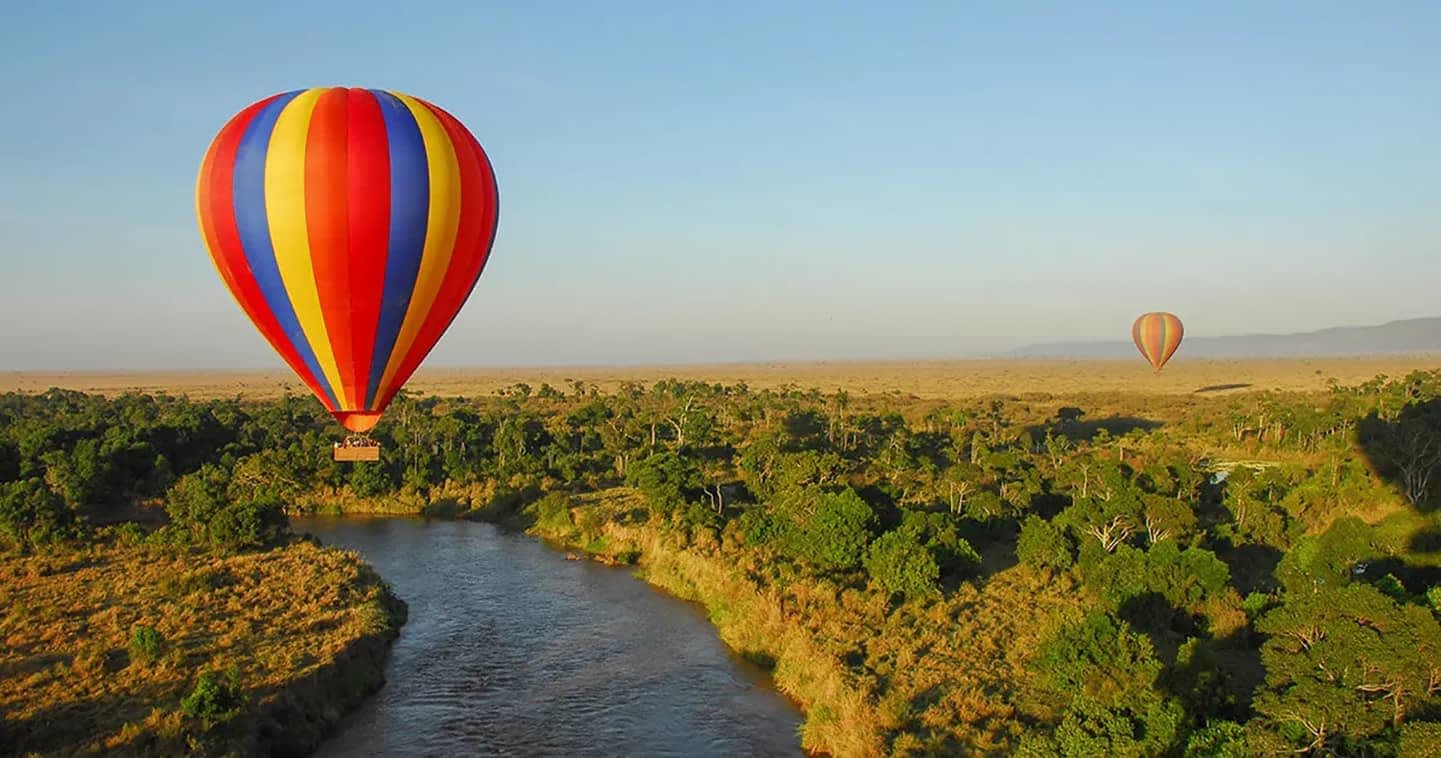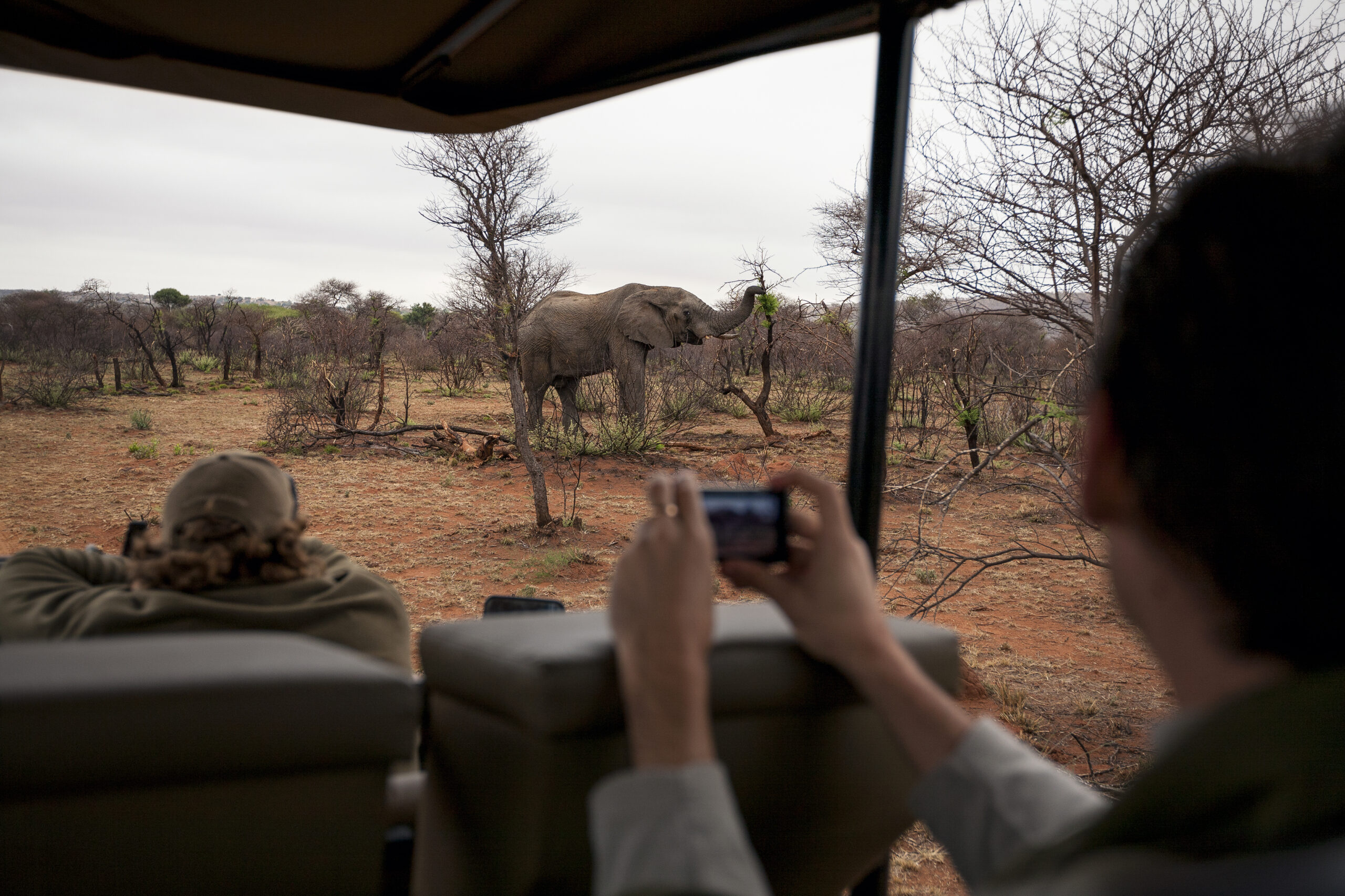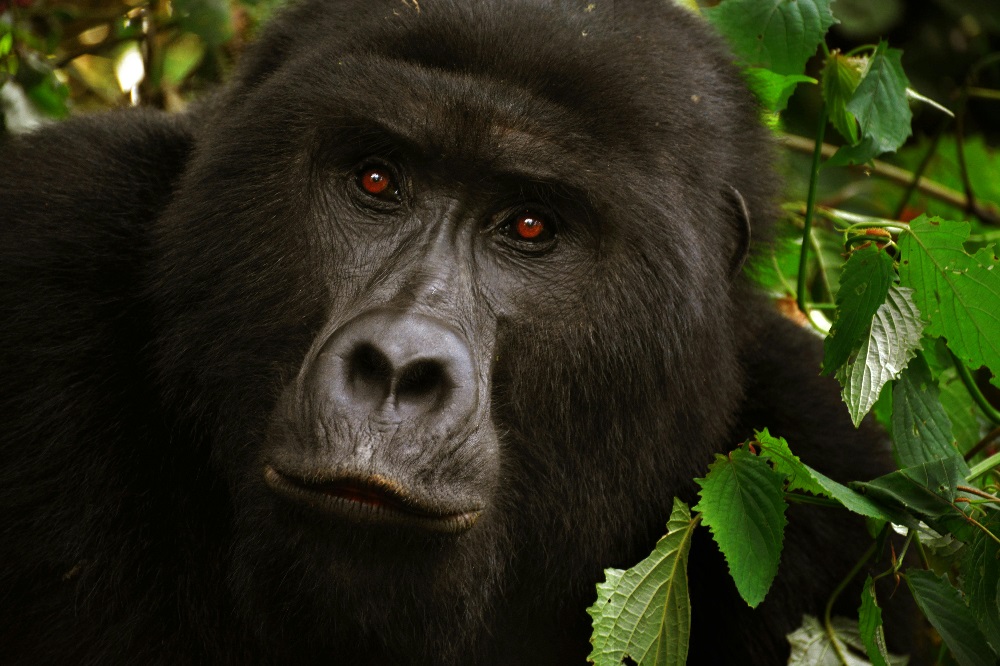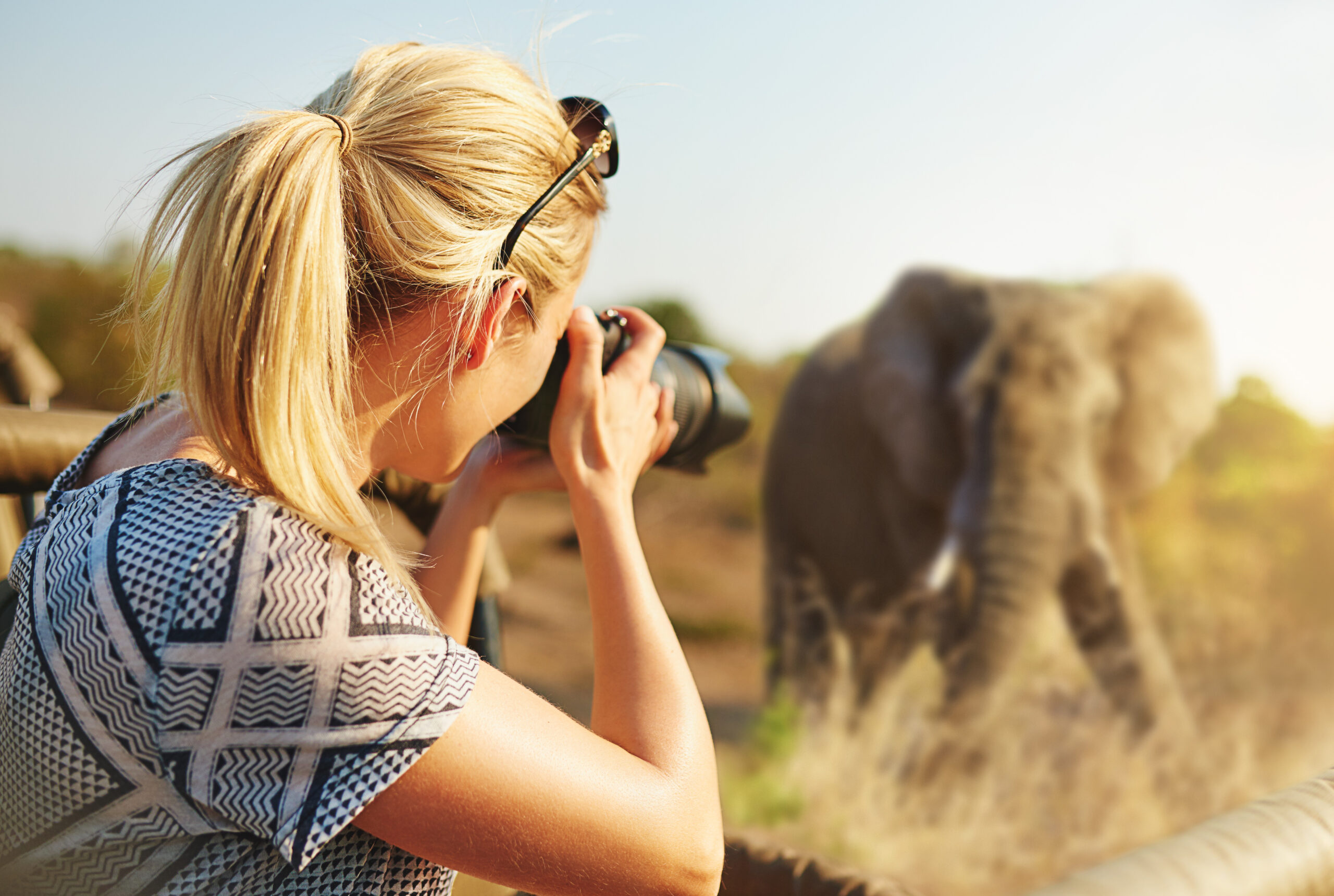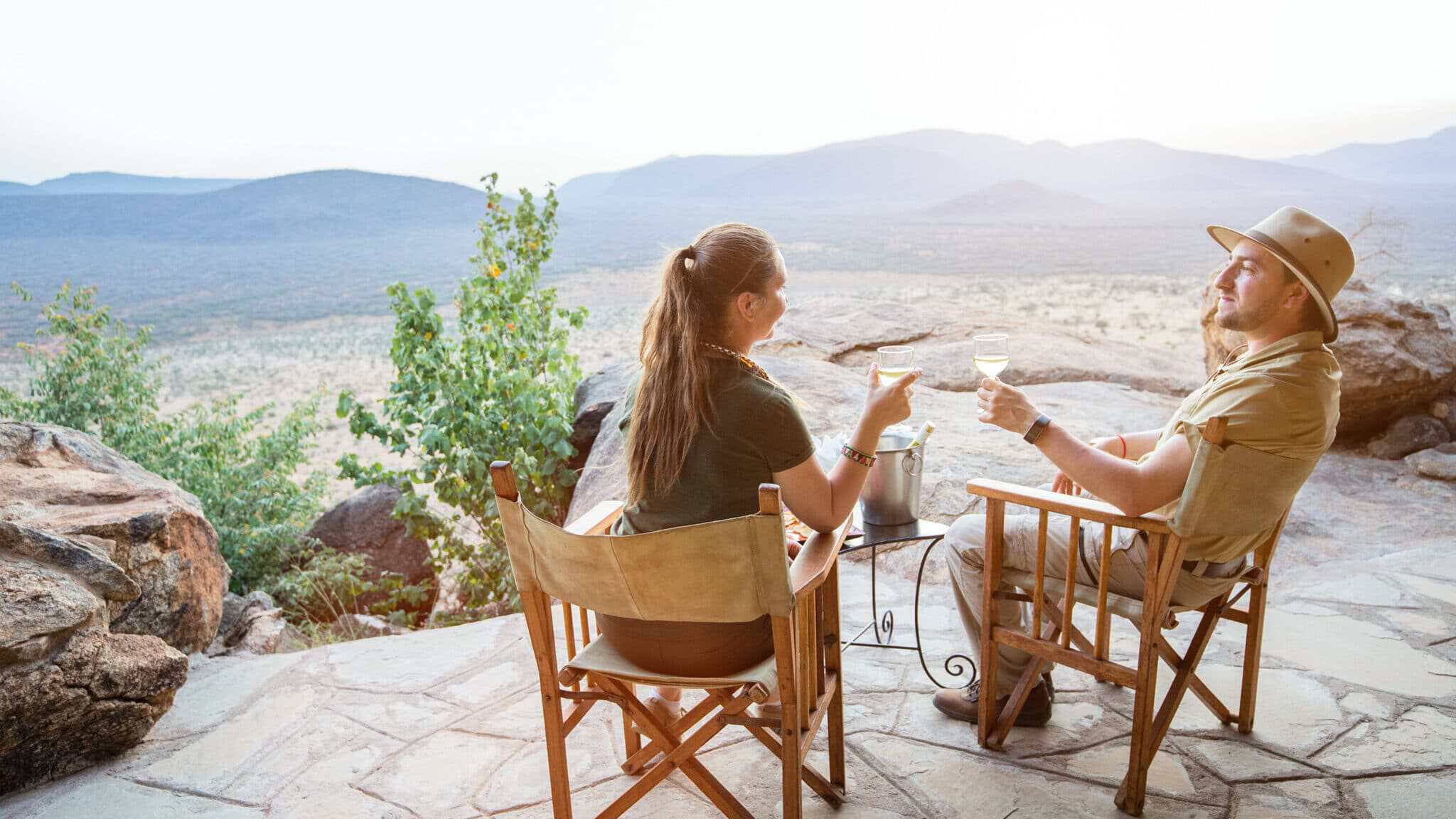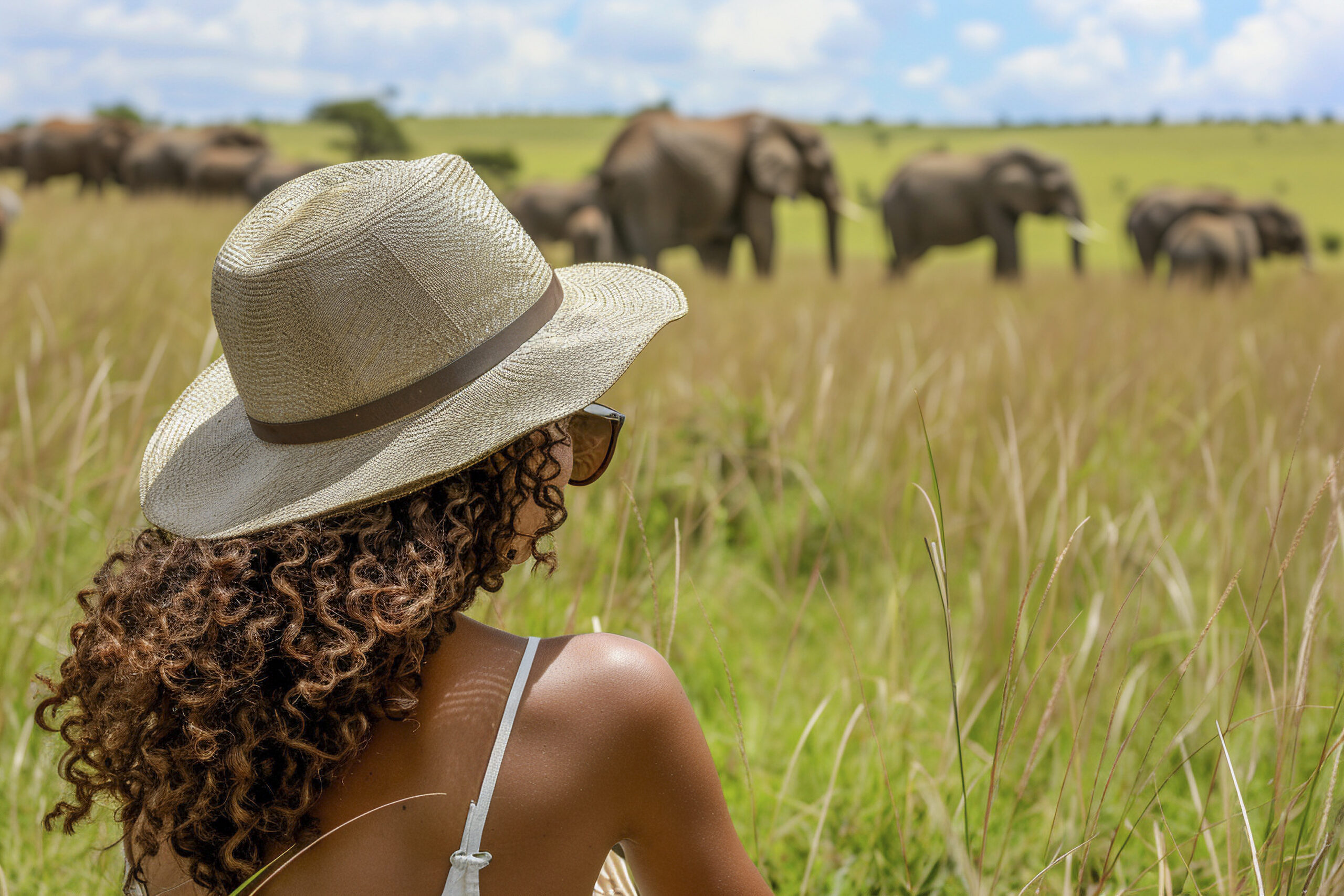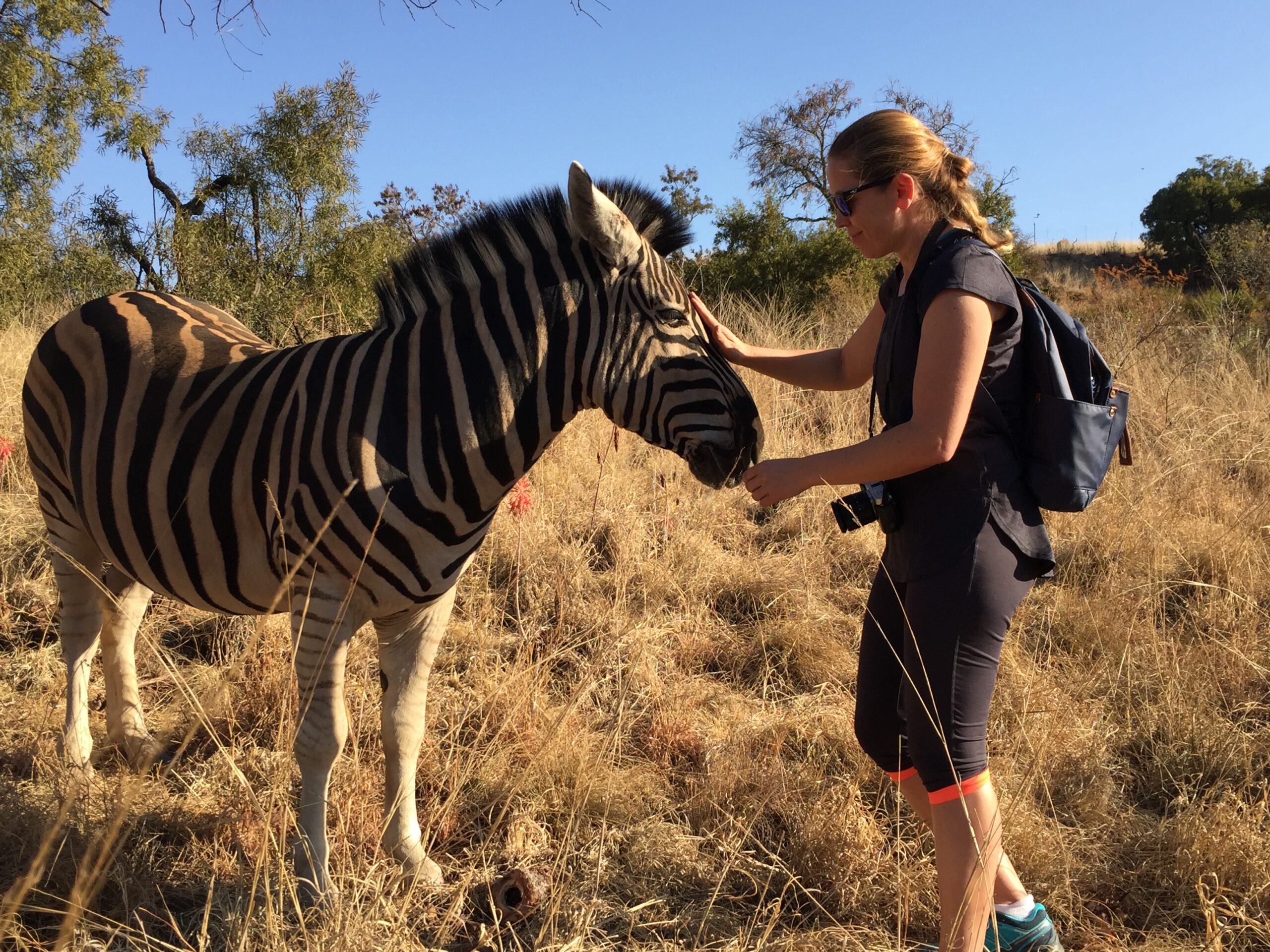When people dream about Africa, they often imagine golden savannahs, elephants walking slowly across open plains, lions resting in the shade, and giraffes reaching for tall acacia trees. The African safari is one of the greatest adventures on earth, and for many travelers, it is the trip of a lifetime. But one of the biggest questions that comes up before booking is: How much is an all-inclusive safari in Africa?

The answer is not the same for everyone because safaris can be tailored to fit different budgets, preferences, and styles of travel. Some people want a luxury safari with private lodges, champagne breakfasts, and hot air balloon rides. Others may prefer a mid-range or budget safari that still delivers the magic of the African wilderness but at a lower cost. In this article, we will explore what all-inclusive really means, the different price ranges, what makes a safari worth the money, and the costs in specific countries like Tanzania, Kenya, and South Africa.
By the end, you’ll have a clear understanding of how much you might spend on this once-in-a-lifetime adventure and how to plan a safari that matches your budget.
What Does an All-Inclusive Safari Mean?
When we say “all-inclusive safari,” it usually means that the cost covers almost everything you need for your trip. This includes your accommodation, meals, park entrance fees, game drives, and sometimes even drinks. Some safaris also cover transfers between airports and parks, while luxury safaris may add extra experiences like bush walks, hot air balloon rides, and cultural visits to local villages.
An all-inclusive safari makes things much easier for travelers because you don’t have to worry about paying for every small thing. Once you book your package, most of your expenses are already taken care of. However, it is important to ask your safari operator exactly what is included. For example, some all-inclusive safaris may not cover premium drinks, tips for guides, or international flights.
This difference is one of the reasons safari prices vary so much. A lodge in Tanzania may offer full board with unlimited game drives, while another in Kenya may only include two drives per day. Knowing what is part of your safari package will help you understand the cost better.
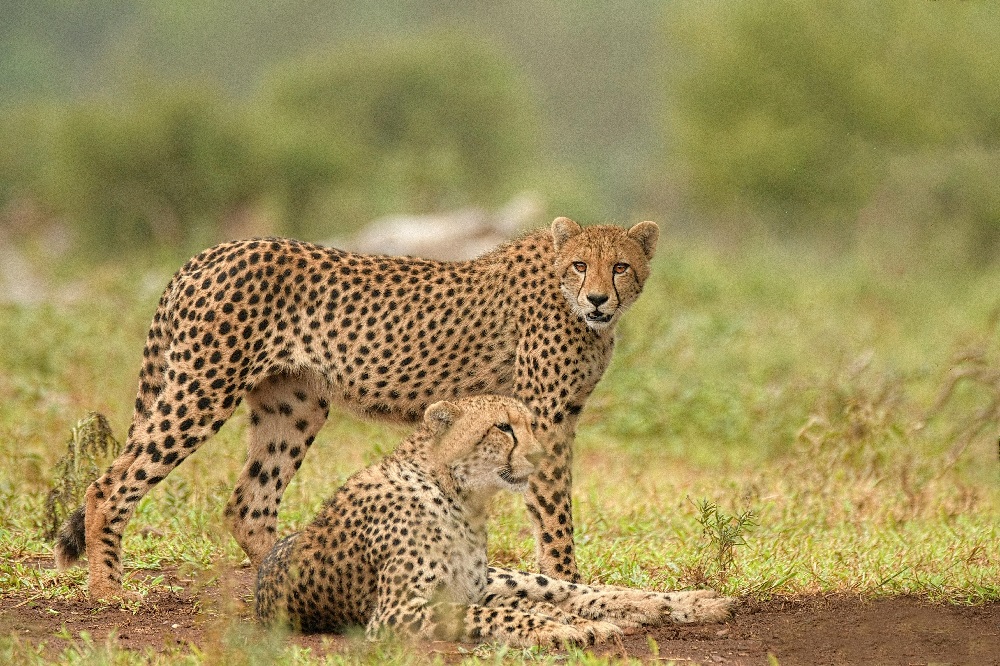
Is an African Safari Worth the Money?
Many first-time travelers wonder whether a safari is worth the high price tag. The truth is that safaris are not cheap compared to other types of vacations. But what you get in return is something unique: the chance to see wild animals in their natural home, far away from city life.
Imagine watching a herd of elephants march across the plains, spotting a lion pride resting after a hunt, or seeing thousands of wildebeest crossing a river during the Great Migration. These are experiences that no zoo or wildlife park can ever provide. A safari is not just a holiday; it is an adventure that connects you with nature in the purest way possible.
The cost is higher because running safaris is expensive. National parks charge entrance fees that help protect wildlife. Lodges and camps must bring in supplies to remote areas. Vehicles use a lot of fuel on game drives. And guides go through special training to keep you safe and help you spot animals.
When you think of all the work that goes into making your trip smooth, plus the priceless memories you create, most travelers say the safari is worth every cent. In fact, many people who do a safari once dream of coming back again, even if it means saving money for years.
Which Country is the Cheapest to Go on Safari?
Not all African safaris cost the same. Prices vary depending on the country, the parks, and the type of safari you choose. Generally, South Africa is one of the cheapest safari destinations for travelers. This is because South Africa has a strong tourism infrastructure, many private reserves, and options that fit different budgets.
For example, Kruger National Park offers everything from self-drive safaris to luxury lodges. You can stay at affordable guesthouses outside the park and pay entrance fees daily, which makes it cheaper than an all-inclusive package. Botswana and Tanzania, on the other hand, are often more expensive because their parks are more remote and focus on low-impact tourism, meaning fewer lodges and higher prices.
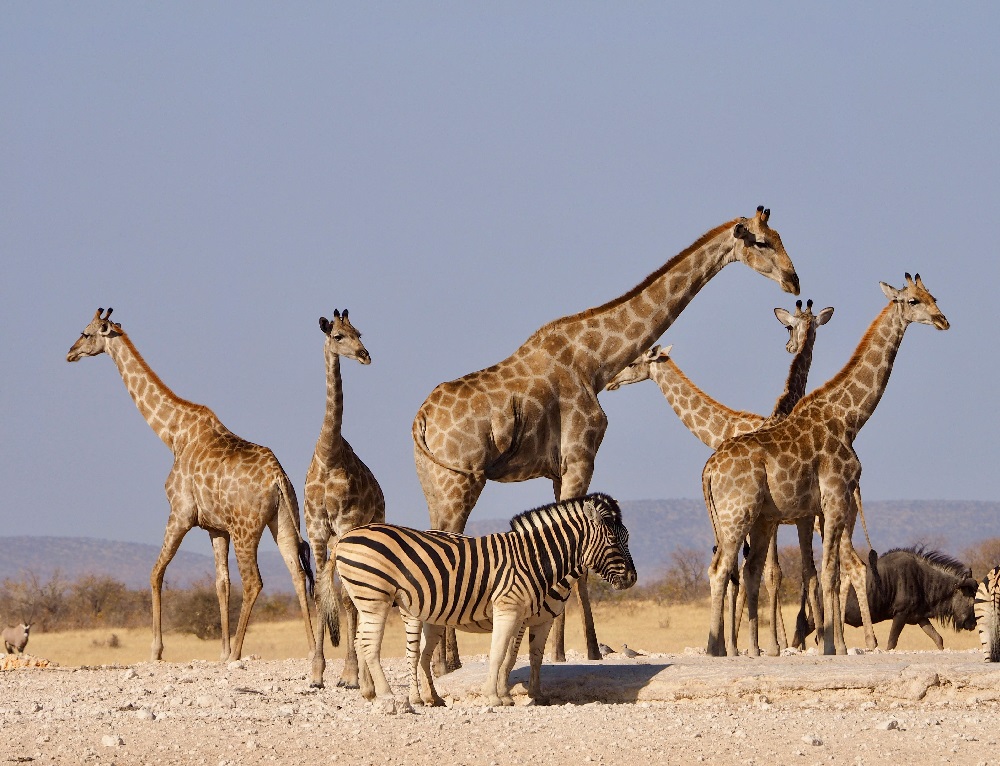
Kenya falls somewhere in between. You can find affordable safaris in the Maasai Mara, especially if you choose camping or mid-range lodges. Uganda is cheaper than Tanzania or Botswana, but gorilla trekking permits in Bwindi or Mgahinga can increase the total cost significantly.
If you want the cheapest safaris, South Africa and Kenya are usually the best choices. But remember, cheapest does not always mean best. Sometimes paying a little more for a better location or lodge can give you a much richer safari experience.
What is the Most Expensive Safari in Africa?
On the other end of the scale, Africa also offers some of the most luxurious safaris in the world. These high-end safaris can cost tens of thousands of dollars per person. Countries like Botswana, Tanzania, and Zambia are known for having some of the most expensive safari experiences.
For example, lodges in Botswana’s Okavango Delta are famous for luxury. Guests arrive by private plane, stay in exclusive camps with only a few tents, and enjoy private game drives with expert guides. Prices can reach $2,000 to $3,000 per person per night.

In Tanzania, luxury lodges in the Serengeti during the Great Migration season also charge premium rates. You might pay $1,500 to $2,500 per night depending on the location. These lodges often include top-class meals, personal butlers, infinity pools, and activities like balloon safaris.
For those who want the very best, Africa’s most expensive safaris offer more than just wildlife viewing—they provide an exclusive lifestyle in the heart of the wilderness.
Which African Safari is Best for First-Timers?
If you are going on safari for the first time, you may be wondering where to start. The best safari for beginners is usually in countries like Kenya, Tanzania, or South Africa. These places are famous for their wildlife and have many safari operators with years of experience.
The Maasai Mara in Kenya and the Serengeti in Tanzania are great choices for first-timers. These parks are home to the “Big Five” (lion, leopard, elephant, buffalo, and rhino) and offer excellent chances to see large groups of animals. If you want to witness the Great Migration, these destinations are perfect between July and October.
South Africa’s Kruger National Park is also excellent for beginners. It is easy to reach, has well-marked roads, and allows self-drive safaris for those who prefer to explore on their own. For a more guided experience, you can stay in private reserves bordering Kruger, where expert rangers take you on game drives.
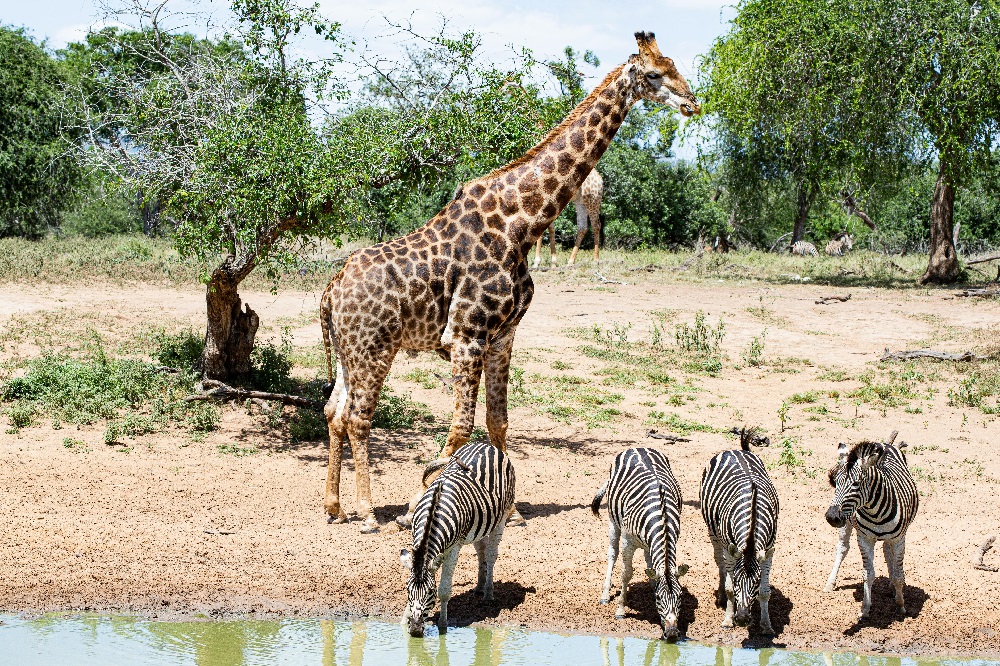
First-time safari-goers should choose a destination with high wildlife density and reliable tour operators. This ensures that your first safari is unforgettable and runs smoothly.
Which Safari is Best in Africa?
It is hard to choose the single “best” safari in Africa because it depends on what you want to see and experience. If you want the Great Migration, the Serengeti and Maasai Mara are unmatched. If you want luxury and exclusivity, Botswana’s Okavango Delta or Zambia’s South Luangwa National Park are excellent.
For bird lovers, Uganda offers both traditional safaris and gorilla trekking, making it a unique combination. Namibia is perfect if you want dramatic landscapes like deserts and salt pans along with wildlife.
Every country has its unique highlights, so the “best” safari is the one that matches your dream experience. Some travelers want to see as many animals as possible, while others want privacy and fewer tourists around. The good news is that Africa has something for everyone.
How Much Does a Tanzania Safari Cost?
Tanzania is one of the most popular safari destinations, but it is also one of the more expensive. A mid-range safari in Tanzania usually costs between $250 to $400 per person per day. This includes accommodation, meals, park fees, and game drives.
Luxury safaris can range from $600 to $1,500 per person per day, especially in prime locations like the Serengeti during the Great Migration. Budget safaris, often involving camping, may cost around $150 to $200 per day.
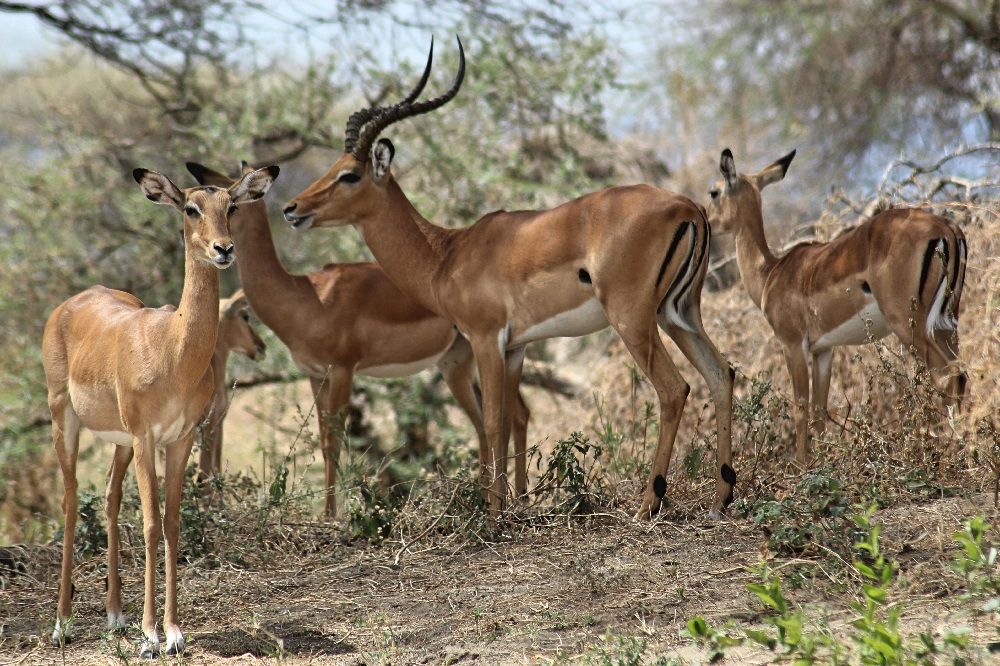
The cost is higher in Tanzania because the parks are vast and remote. Driving between them takes time, and lodges often need to fly in supplies. Park fees are also higher compared to countries like Kenya or South Africa.
Still, many travelers say the price is worth it because Tanzania offers some of the most breathtaking wildlife experiences in the world.
How Many Days for an African Safari?
One common question travelers ask is: how many days should I spend on safari? The answer depends on your budget and what you want to see. Most people recommend at least 5 to 7 days for a proper safari. This gives you enough time to explore different parks and increases your chances of spotting more animals.
If you only have 2 or 3 days, you can still enjoy a short safari in parks close to big cities, like Nairobi National Park in Kenya or Pilanesberg in South Africa. However, shorter safaris may feel rushed and you might miss some of the magic.
For longer trips, 10 to 14 days is ideal. This allows you to combine multiple parks, like Serengeti and Ngorongoro in Tanzania, or Kruger and Addo Elephant Park in South Africa. The more days you spend, the deeper your safari experience becomes.
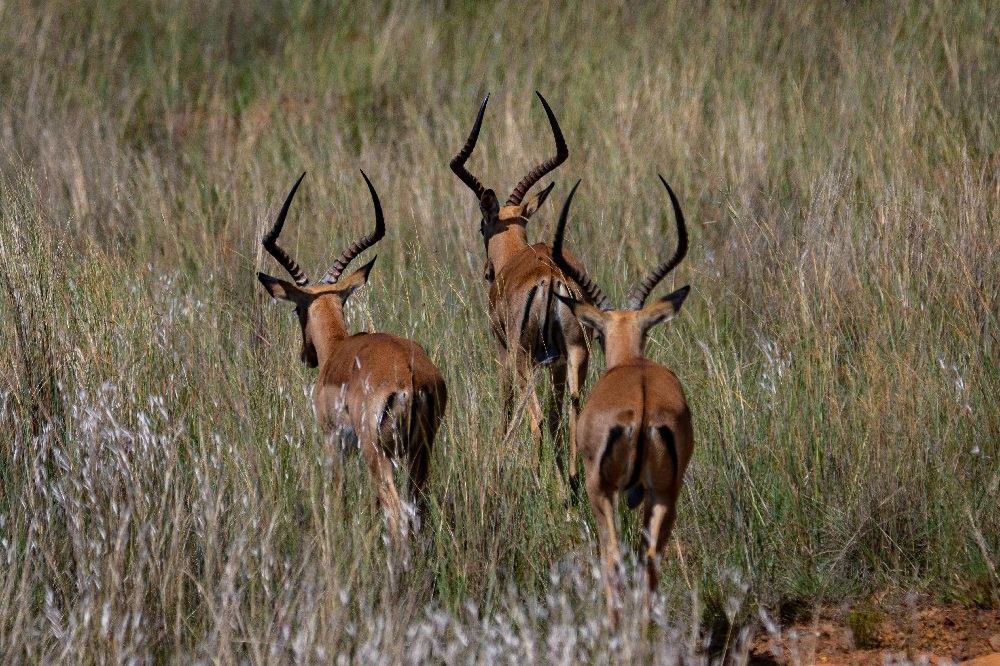
Are African Safaris All-Inclusive?
Many African safaris are sold as all-inclusive, but it depends on the operator. Typically, your safari package will cover lodging, meals, game drives, and park fees. Some luxury lodges also include laundry, spa treatments, and premium drinks.
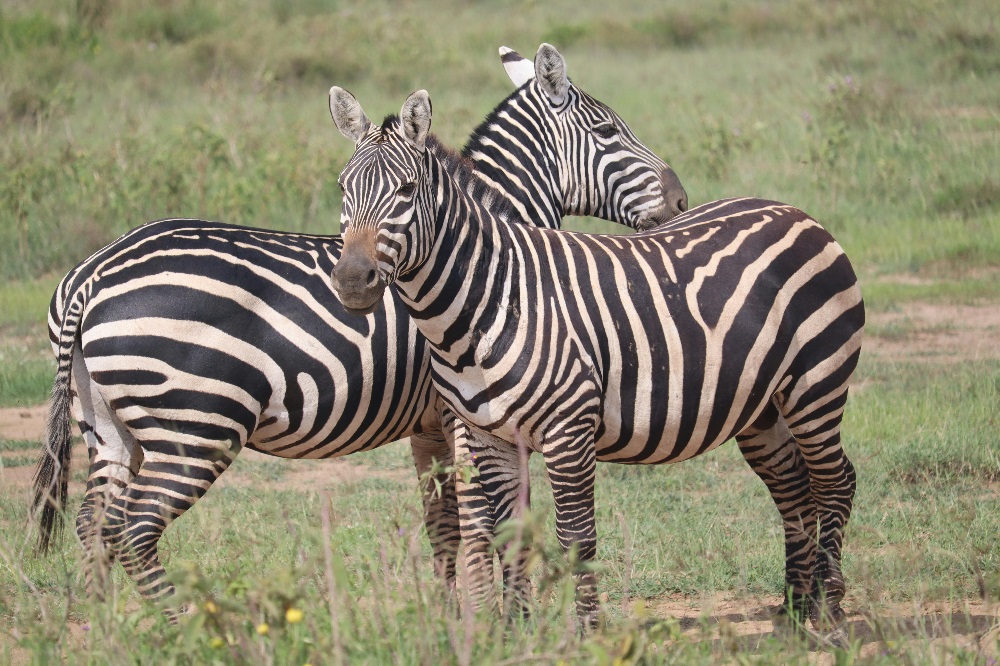
Budget safaris may not include everything, so you may have to pay separately for drinks, tips, or certain activities. Always read the details of your safari package before booking to avoid surprises.
In general, safaris lean toward being all-inclusive because they happen in remote areas where you cannot easily buy food or services on your own.
Conclusion
So, how much is an all-inclusive safari in Africa? The price depends on the country, the level of comfort, and the length of your trip. A budget safari might cost around $150 per day, a mid-range safari $300–$500 per day, and a luxury safari $1,000 or more per day.
Is it worth it? Absolutely. An African safari is more than just a trip; it is an adventure that stays in your memory forever. Whether you choose the affordable plains of South Africa, the dramatic landscapes of Tanzania, or the luxury of Botswana, Africa has a safari for every traveler.


